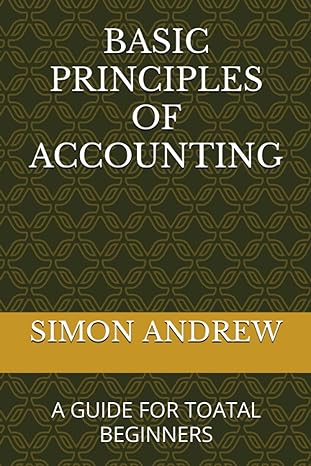Answered step by step
Verified Expert Solution
Question
1 Approved Answer
Ace Company produces two products (#1 and #2); has two additional cost objects relating to customer service and warranty support (A and B); and engages
Ace Company produces two products (#1 and #2); has two additional cost objects relating to customer service and warranty support (A and B); and engages in three activities related to design, production, and testing (X, Y, and 2). Follow the steps outlined below to apply activity-based costing to Ace Company. If any red boxes remain, you have not correctly completed the process. ALLOCATE COSTS: For the following four cost categories (indirect materials, maintenance, other, and SG&A), make assumptions about the percentages to be assigned to each of the activities (X,Y,Z, or unallocated). Use the available pick lists from within each boxed area and enter your selection. Your total allocation must equal 100% for each row. Y Activity Cost Pools IN Unallocated Total Indirect materials 0.00 0.00 0.00 0.00 0.00 Maintenance 0.00 0.00 0.00 0.00 0.00 Other 0.00 0.00 0.00 0.00 0.00 SG&A 0.00 0.00 0.00 0.00 0.00 The percentages you selected above are next used in the table below to allocate the total costs (assumed) among the various activities (experiment with alternative percentages above and observe The percentages you selected above are next used in the table below to allocate the total costs (assumed) among the various activities (experiment with alternative percentages above and observe how this changes the cost allocations below): Activity Cost Pools Total Cost Y Z Unallocated Indirect materials 150,000 $ Maintenance 400,000 Other 75,000 SG&A 225,000 Totals 850,000 $ DETERMINE THE PER-ACTIVITY RATES: Each of the products and other cost objects consumed activities at the rate indicated in the table below. Use this information and cost data above to determine the per unit activity cost measures. Use the available pick lists from within each boxed area to select the correct values. Number of Activities Consumed Y Z Product #1 1000 50 0 Product #2 2000 25 0 Number of Activities Consumed 1* Y Z Product #1 1000 50 0 Product #2 2000 25 0 Cost Object A 0 0 10 Cost Object B 0 2 Totals Total Cost Cost per Measure 3000 75 12 APPLY COSTS TO OBJECTS: Given below are the costs of direct material and direct labor. Assume that Cost Object A is allocated half to Product #1 and half to Product #2. Assume that Cost Object B is fully allocated to Product #2. Use the pick lists from within the boxed areas below to apply all costs. The per unit amounts are automatically calculated. Study and review the entire process, considering the goals and objectives of ABC. Product #1 Product #2 Total Direct Materials Traces $ 200,000 $ 300,000 $ 500,000 APPLY COSTS TO OBJECTS: Given below are the costs of direct material and direct labor. Assume that Cost Object A is allocated half to Product #1 and half to Product #2. Assume that Cost Object B is fully allocated to Product #2. Use the pick lists from within the boxed areas below to apply all costs. The per unit amounts are automatically calculated. Study and review the entire process, considering the goals and objectives of ABC. Product #1 Product #2 Total Direct Materials Traces 200,000 $ 300,000 $ 500,000 Direct Labor Traces 90,000 410,000 500,000 Activity X ? per measure Activity Y ? per measure Activity Z per measure 290,000 $ 710,000 1,000,000 Unallocated Total costs Assumed Units Per Unit Cost 7 1,000,000 5,000 3,000 58.00 $ 236.67 Activity Cost Pools X Y Z Unallocated Total Indirect materials 0.10 0.20 0.30 0.40 Maintenance 0.20 0.30 0.40 0.10 Other 0.30 0.30 0.30 0.10 SG&A 0.20 0.20 0.20 0.40
Step by Step Solution
There are 3 Steps involved in it
Step: 1

Get Instant Access to Expert-Tailored Solutions
See step-by-step solutions with expert insights and AI powered tools for academic success
Step: 2

Step: 3

Ace Your Homework with AI
Get the answers you need in no time with our AI-driven, step-by-step assistance
Get Started


